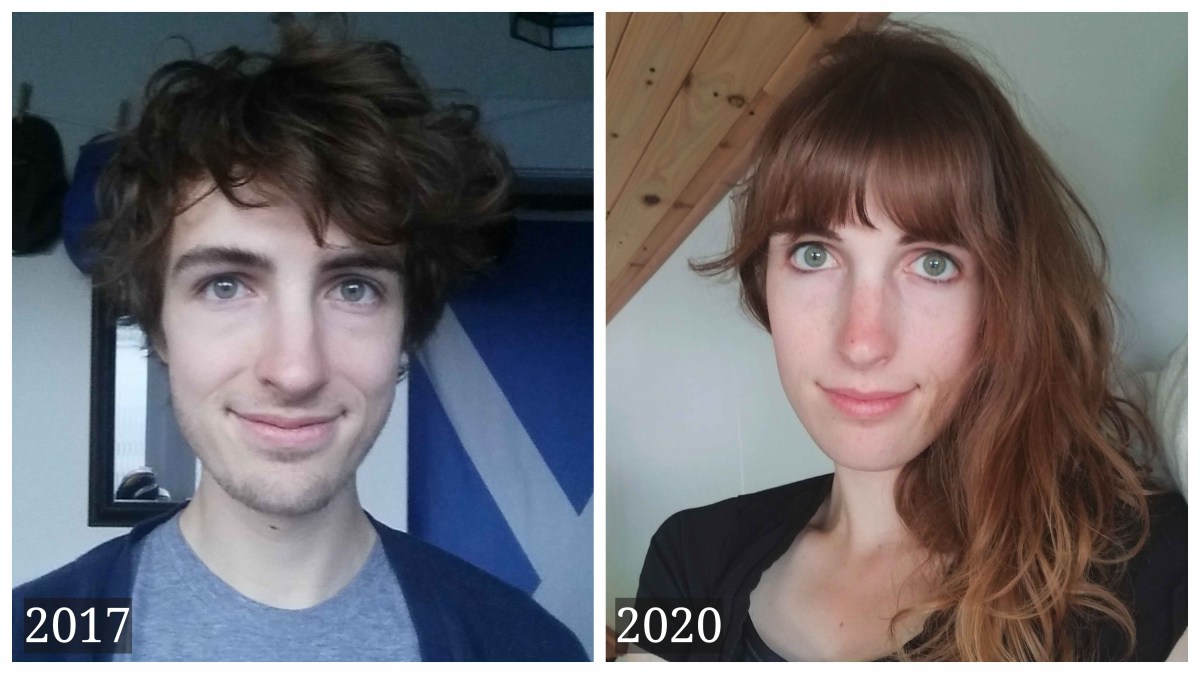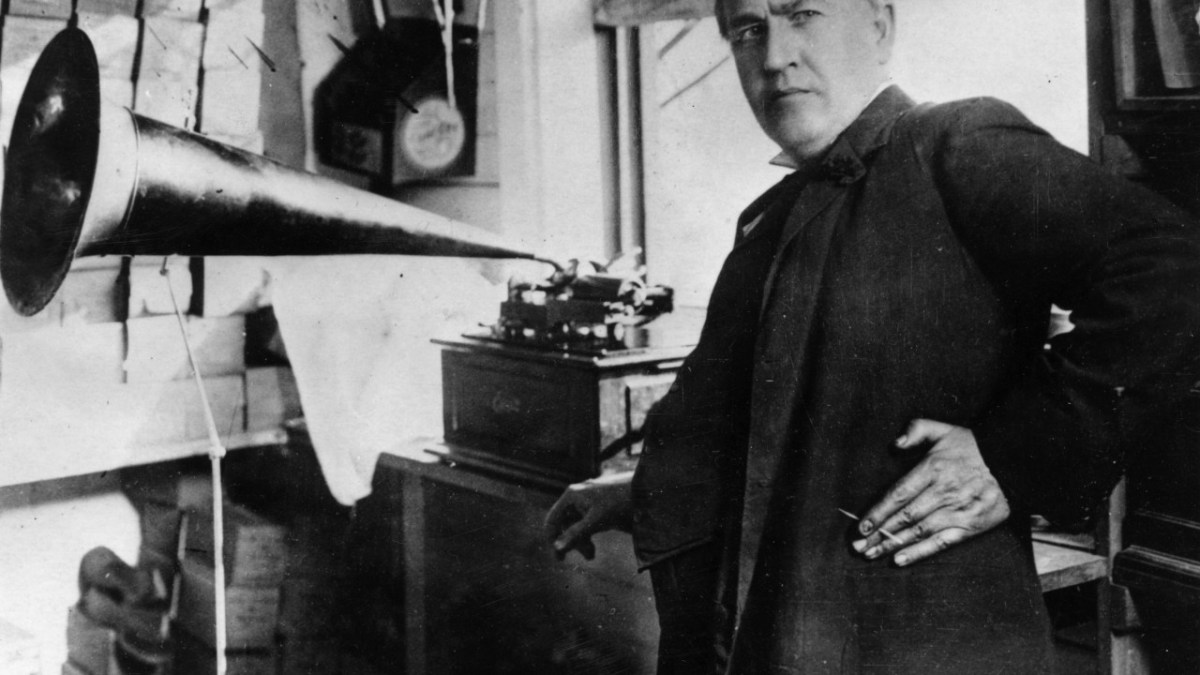I am happy – Antonin Kinsky could not have dreamed of a better. This statement sparks a fascinating exploration of happiness, contrasting the speaker’s contentment with the imagined hardships of a fictional character, Antonin Kinsky. We’ll delve into the historical context, explore different interpretations of happiness, and even create a visual representation to highlight the stark contrast between their lives.
I’m stoked! Antonin Kinsky couldn’t have imagined a better hockey night. Seriously, the energy was insane, especially after reading about how Dubois totally crushed it, check out the game recap here: Dubois scores twice, lifts Capitals past Canucks in OT. That overtime winner? Pure magic! Yeah, I’m still buzzing – a truly perfect night for hockey fans, and Antonin Kinsky would be jealous!
Prepare for a journey into the subjective nature of joy and the power of perspective.
We’ll construct a fictional biography for Kinsky, imagining his struggles and comparing them to the speaker’s current blissful state. This comparison will allow us to unpack what contributes to profound happiness, examining various cultural and philosophical viewpoints along the way. We’ll also craft a short story illustrating this contrast, using literary devices to amplify the emotional impact.
Okay, so I’m ridiculously happy – Antonin Kinsky couldn’t have imagined a better day! However, reading about the chaos unfolding in L.A. with the Studio City House Fire Puts an L.A. Neighborhood on Edge puts things in perspective. It’s a reminder that even on the best days, challenges exist for others. Still, my own happiness remains, a stark contrast to the situation in Studio City.
The Joyful Paradox: “I am happy – Antonin Kinsky could not have dreamed of a better”

The statement “I am happy – Antonin Kinsky could not have dreamed of a better” presents a fascinating juxtaposition. It suggests a profound contentment in the speaker’s present contrasted with the implied hardship or limitation in the life of a fictional Antonin Kinsky. This analysis will explore the historical context, the fictional biography of Kinsky, the nature of happiness, and a visual representation of this contrast, culminating in a short story illustrating the implied narrative.
The Context of “I am happy – Antonin Kinsky could not have dreamed of a better”
The statement’s impact hinges on its implied historical and social context. We can imagine it being uttered in various situations, reflecting different levels of emotional intensity. For example, a refugee finding peace after years of war might express this sentiment with deep-seated relief. Alternatively, someone achieving a long-sought professional goal might utter it with exuberant joy. The phrase implies a stark contrast: the speaker’s current bliss is so profound that it surpasses even the wildest hopes of someone else whose life has been marked by adversity.
This implied contrast is the key to understanding the statement’s power.
Analyzing the Figure of Antonin Kinsky, I am happy – Antonin Kinsky could not have dreamed of a better
Antonin Kinsky, in this fictional context, represents someone whose life has been characterized by significant hardship. Imagine him as a Czech peasant farmer during the early 20th century, enduring poverty, the hardships of World War I, and the subsequent political upheavals. His life might have been one of constant struggle, marked by famine, forced labor, and the loss of loved ones.
This contrasts sharply with the speaker’s present happiness, which might represent a life of relative ease and comfort, perhaps in a stable post-war society.
A narrative scene could depict Kinsky toiling in a barren field under a harsh sun, his face etched with worry, while the speaker enjoys a leisurely picnic in a sun-drenched park, surrounded by loved ones. The contrast in their circumstances highlights the profound difference between their lived experiences.
Kinsky’s difficult life could be attributed to a combination of factors: the socio-economic conditions of pre- and post-war Europe, political instability, and perhaps personal tragedies. His story represents a multitude of untold hardships endured by many during that era.
Exploring the Nature of Happiness
The statement touches upon the subjective nature of happiness. While objective measures of well-being exist (e.g., income, health), happiness itself is a deeply personal experience. Different cultures and philosophical traditions offer diverse perspectives on happiness. Some emphasize material wealth, while others prioritize spiritual fulfillment or social connection. The statement implies a profound, holistic happiness encompassing various aspects of the speaker’s life, surpassing any conceivable level of contentment for Kinsky.
I’m stoked – Antonin Kinsky’s wildest dreams couldn’t match this! It’s all about the future, and checking out how the recruiting game is going is a big part of that. So, I’m looking at How are 2025 Alabama basketball commits playing on the high to get a sense of what’s up. Seriously, I am happy – Antonin Kinsky could not have dreamed of a better way to keep tabs on things!
Key elements contributing to this profound happiness might include strong relationships, financial security, good health, and a sense of purpose. The speaker’s happiness is not merely the absence of hardship but a positive, flourishing state of being.
Visual Representation of the Contrast

A visual representation could depict two contrasting scenes. One panel shows Kinsky’s life in muted greys and browns, portraying a bleak, barren landscape, perhaps with a solitary figure working in a field under a stormy sky. The other panel, vibrant and colorful, shows the speaker surrounded by lush greenery, bright sunlight, and smiling faces, symbolizing joy, abundance, and connection.
| Kinsky’s Life | Speaker’s Life |
|---|---|
| Poverty and hardship | Financial security |
| War and political turmoil | Peace and stability |
| Loss and grief | Strong relationships and support |
| Physical exhaustion | Good health and well-being |
Exploring the Implied Narrative

The story could begin with Kinsky’s childhood in a poverty-stricken village, highlighting the constant struggle for survival. The narrative then shifts to the speaker’s present, showcasing a life filled with opportunities and happiness. The connection between the two lies in the recognition of the speaker’s fortunate circumstances and the implicit appreciation for the untold struggles of others, like Kinsky, whose lives were far less privileged.
Using metaphors and similes, we can emphasize the contrast: Kinsky’s life is a “weathered stone,” while the speaker’s is a “blooming flower.” The story can conclude with a reflection on the preciousness of happiness and the importance of empathy, acknowledging the disparities in life experiences.
Conclusion
Ultimately, “I am happy – Antonin Kinsky could not have dreamed of a better” serves as a powerful reminder of the subjective nature of happiness. While Kinsky’s fictional struggles highlight the relative nature of contentment, the speaker’s joy emphasizes the importance of appreciating our present circumstances. The contrast between their lives invites us to reflect on our own definitions of happiness and the journey we undertake to achieve it.
It’s a story of perspective, reminding us that happiness is often found not in grand achievements, but in the simple appreciation of what we have.
Common Queries
What inspired the choice of the name “Antonin Kinsky”?
The name was chosen for its somewhat unusual and slightly melancholic sound, lending itself well to the fictional character’s imagined hardships.
Could the statement be interpreted sarcastically?
Yes, the statement could be interpreted sarcastically, depending on context and tone. The analysis focuses on a sincere interpretation, but the possibility of sarcasm adds another layer of complexity.
What are some objective measures of happiness?
While happiness is largely subjective, some objective measures might include life expectancy, economic stability, and social support networks. However, these don’t fully capture the individual experience.
